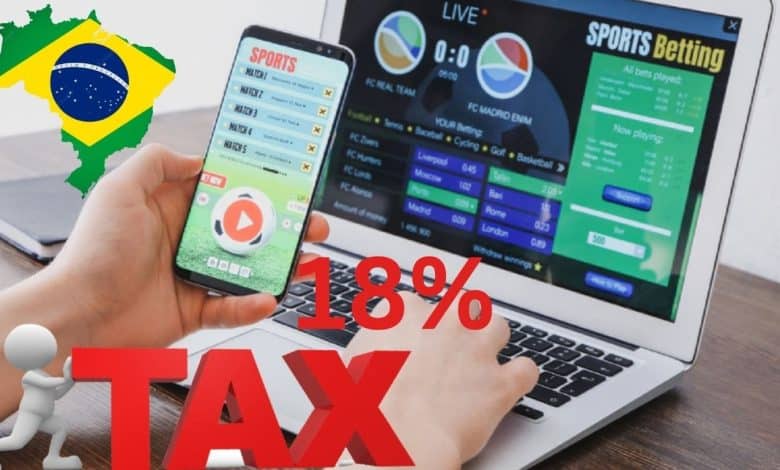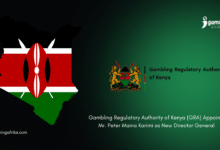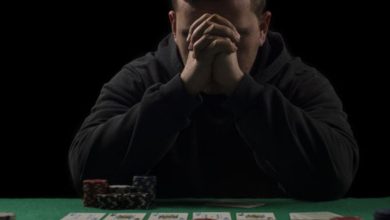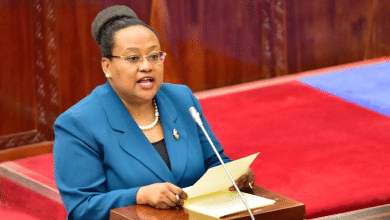18% Tax Passed for Brazil Sports Betting Sector

After many years of waiting, President Luiz Inácio Lula da Silva finally signed the Provisional Measure (PM) enacting the 2018 law, making sports betting legal in Brazil.
The 2018 Brazil sports betting laws, which were approved in Law No. 13,756, have now been passed with a number of revisions thanks to the signing of Provisional Measure No. 1,182. These include more specific marketing limitations, a somewhat higher gross gaming income tax, and an increased license cost
Since the 2018 bill was initially enacted in the Brazilian Senate, the watershed moment represents the most significant advancement in the effort to regulate sports betting.
The PM, which was unilaterally released by the government, now has 120 days to be approved by the Brazilian legislature, the National Congress. The regulation is in effect as of right now, despite the possibility that Congress will block the act.
Read Also: Pragmatic Play Expands Partnership with Betsson in Betsafe Agreement
The National Secretariat for Games and Betting (SNJA) will now start to be established by the Ministry of Finance. This will be responsible for regulating the industry. According to reports, the Ministry began hiring a new regulator last month. 70 people in all are anticipated to be hired. Once fully operational, the SNJA will be tasked with creating licensing policies and other technical rules.
The PM makes a number of amendments to the 2018 bill. The initial regulations did not mention the formation of the SNJA. Revenue-related taxes have gone up from 16% to 18%. In order to enhance revenue flowing to the Ministry of Sports from 1% to 3%, this was done.
Additionally, the price of a license in Brazil has doubled from the previous R$22.2m to R$30m ($6.35m/€5.74m/£4.94m).
The PM also contains a provision allowing overseas operators to submit a license application. In the earlier rules, this was less clear.
In comparison to the 2018 law, the new law imposes much more specific marketing and promotional prohibitions. Operators are prohibited from gaining sports broadcasting rights and will be compelled to promote responsible gambling messages.
A framework for self-regulation in this field is established by legislation. The National Council for Advertising Self-Regulation (CONAR) rules must be followed by gambling firms.























